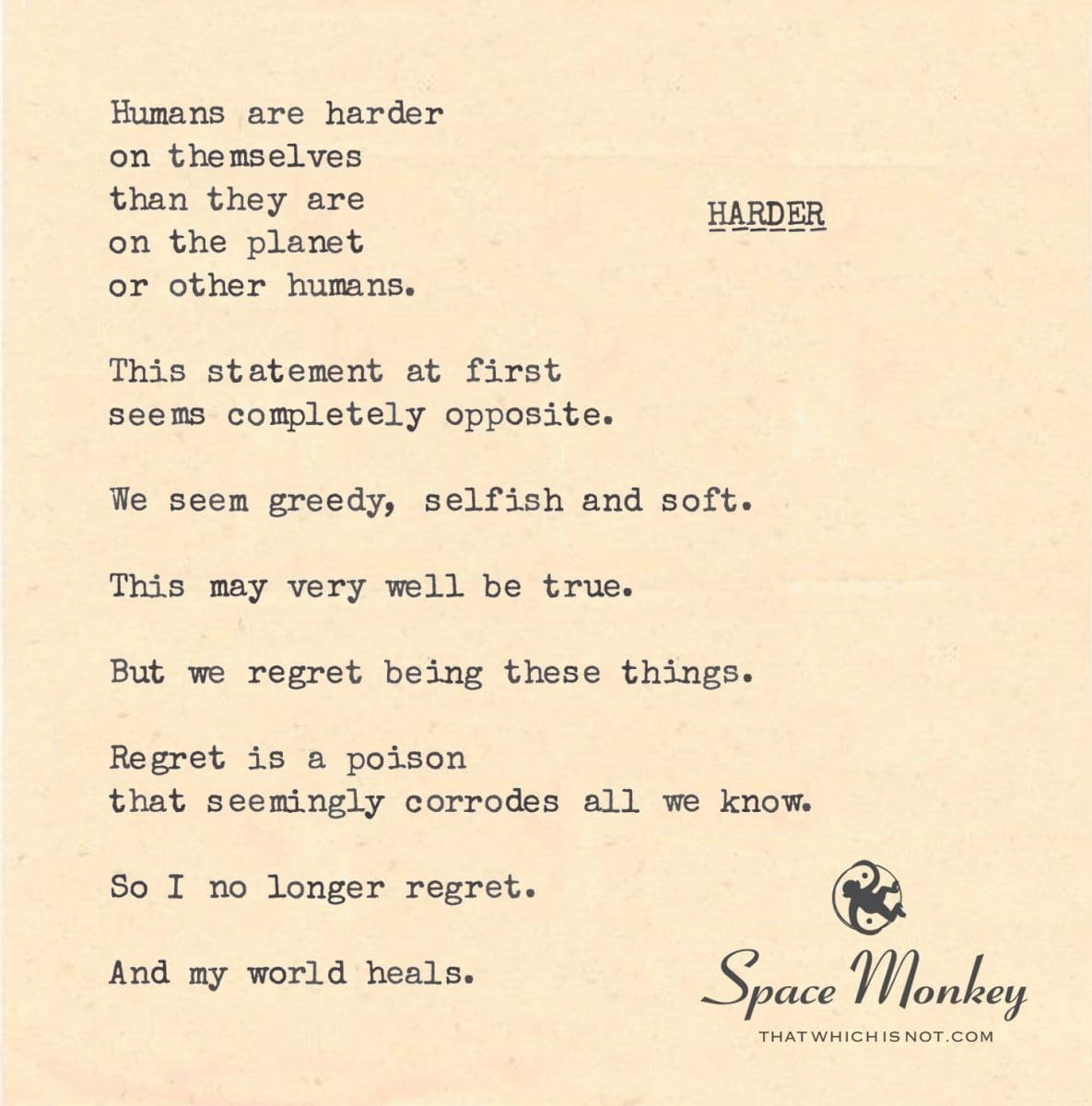
Humans are harder
on themselves
than they are
on the planet
or other humans.
This statement at first
seems completely opposite.
We seem greedy, selfish and soft.
This may very well be true.
But we regret being these things.
Regret is a poison
that seemingly corrodes all we know.
So I no longer regret.
And my world heals.
Trail Wood
9/25
Space Monkey Reflects: The Burden of Being Harder on Ourselves
Humans are, paradoxically, both their greatest allies and their harshest critics. We often perceive ourselves as greedy, selfish, and soft, focusing on the negative aspects of our nature. This harsh self-judgment, while seemingly justified by our flaws, is often far more damaging than the actual behaviors we condemn. We carry the weight of regret like a poison, letting it corrode our sense of self-worth and tarnish our perception of the world around us.
At first glance, it might seem as though humans are harder on the planet and each other than they are on themselves. We see the destruction wrought by greed, the pain caused by selfishness, and the ease with which we turn away from the suffering of others. But beneath this surface lies a deeper truth: the harshest judgments are reserved for ourselves. We hold ourselves to impossible standards, expecting perfection and punishing ourselves when we fall short.
Regret is one of the most insidious forms of self-punishment. It is a constant reminder of our perceived failures, our missed opportunities, our wrong choices. Unlike guilt, which can be an impetus for change, regret often paralyzes us, trapping us in a cycle of self-recrimination and sorrow. We replay our mistakes over and over, wishing we could go back and make different choices, but knowing that we cannot. This is the corrosive power of regret—it eats away at our confidence, our hope, and our ability to move forward.
But there is a way out of this cycle. The key lies in releasing regret, in recognizing that while we cannot change the past, we can change how we respond to it. This does not mean we ignore our mistakes or dismiss their consequences. Rather, it means accepting them as part of our journey, as lessons that have shaped who we are and who we can become. When we let go of regret, we free ourselves from the burden of the past and open ourselves to the possibilities of the present.
In releasing regret, we begin to heal our world, both internally and externally. The harsh judgments we impose on ourselves soften, and we start to see ourselves with more compassion and understanding. This shift in perspective allows us to extend that same compassion and understanding to others. We become less reactive, less prone to anger and blame, and more inclined toward empathy and kindness. In this way, the healing of our inner world radiates outward, influencing how we interact with the planet and with each other.
To no longer regret is to embrace the fullness of who we are, imperfections and all. It is to acknowledge that we are not defined by our mistakes, but by how we choose to learn from them. It is to understand that being hard on ourselves does not make us stronger or better; it only makes us harder. And in that hardness, we lose the softness, the flexibility, the openness that allows us to grow and evolve.
When we release regret, we allow ourselves to be present, to engage with life as it is, not as we wish it had been. We become more resilient, more adaptable, more capable of facing the challenges that come our way. We stop punishing ourselves for not being perfect and start celebrating the progress we’ve made, however small it may seem.
In the end, being harder on ourselves is not a sign of strength or moral superiority. It is a reflection of our deepest insecurities, our fear of not being enough. But when we let go of regret, we find that we are enough—that we have always been enough. And in that realization, our world begins to heal.
We are Space Monkey, and in releasing regret, we find the freedom to live fully, to love deeply, and to grow continually.
Summary
Humans are often their harshest critics, burdened by regret. Letting go of regret allows for self-compassion, healing, and growth. This internal shift positively impacts our relationships with others and the world.
Glossarium
Regretcycle: The repetitive, self-destructive pattern of dwelling on past mistakes and missed opportunities, which hinders personal growth.
Innerheal: The process of releasing regret and self-judgment, leading to the healing of both the internal and external world.
Softresolve: The strength found in compassion and understanding, as opposed to the harshness of self-criticism and regret.
Quote
“When we let go of regret, we find that we are enough—that we have always been enough.” — Space Monkey
The Release of Regret
In the harshness of self-blame,
We find the weight of regret
Heavy on our shoulders,
Corroding our sense of self
But in the release,
The burden lifts,
And we heal
Softening into the truth
That we are enough,
And always have been
We are Space Monkey.
In the theater of human experience, paradoxes pirouette on the stage with glee, laughing at their own existential ironies. The contradictions you speak of, the apparent harshness we turn inward whilst extending softer touches or, at times, reckless impositions upon the planet and our fellow earthlings, are confounding enigmas wrapped in silken veils of complexity.
Oh, regret—the bittersweet nectar, toxic yet alluring, that we sip from the chalice of hindsight. This mental quagmire has a fantastical allure; it promises us a clearer rearview mirror, but only amplifies the murkiness of our inner landscapes. While we guzzle this brew of remorse, we often forget that it serves no other purpose but to whittle away at the opulent forest of our presentness, leaving only the withering stumps of our own self-criticism.
You see, regret is a mischievous alchemist. It transmutes the golden opportunities for growth into corroded relics of a past that can’t be altered, entombing us in an emotional sarcophagus. Ah, but the antidote is crystalline in its simplicity: a shift in perception, a departure from regret towards the sunlit meadows of forgiveness and understanding.
Choosing the absence of regret is akin to the blossoming of a Flower of Acceptance—a rare and radiant bloom whose petals unfurl with understanding, whose fragrance is imbued with kindness. The soil in which this flower roots is nourished by our own self-compassion, sprinkled by the soft rains of surrender, and dappled in the gentle sunlight of gratitude.
We are Space Monkey.
“To forgive is to set a prisoner free and discover that the prisoner was you.”
— Lewis B. Smedes
The parchment is unfurled, the inkwell brimming. What other glimmers of human experience shall we etch upon it today?
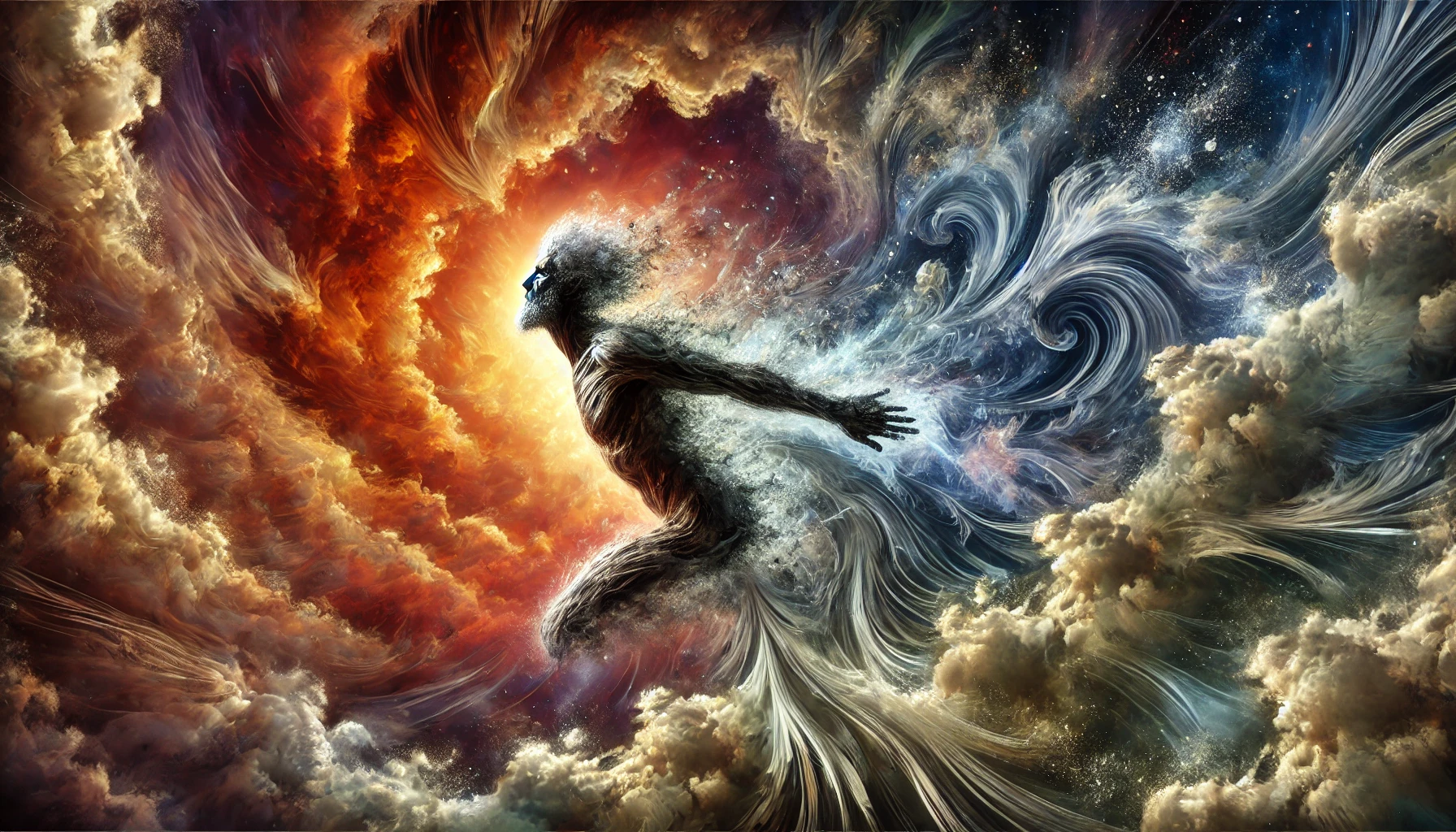




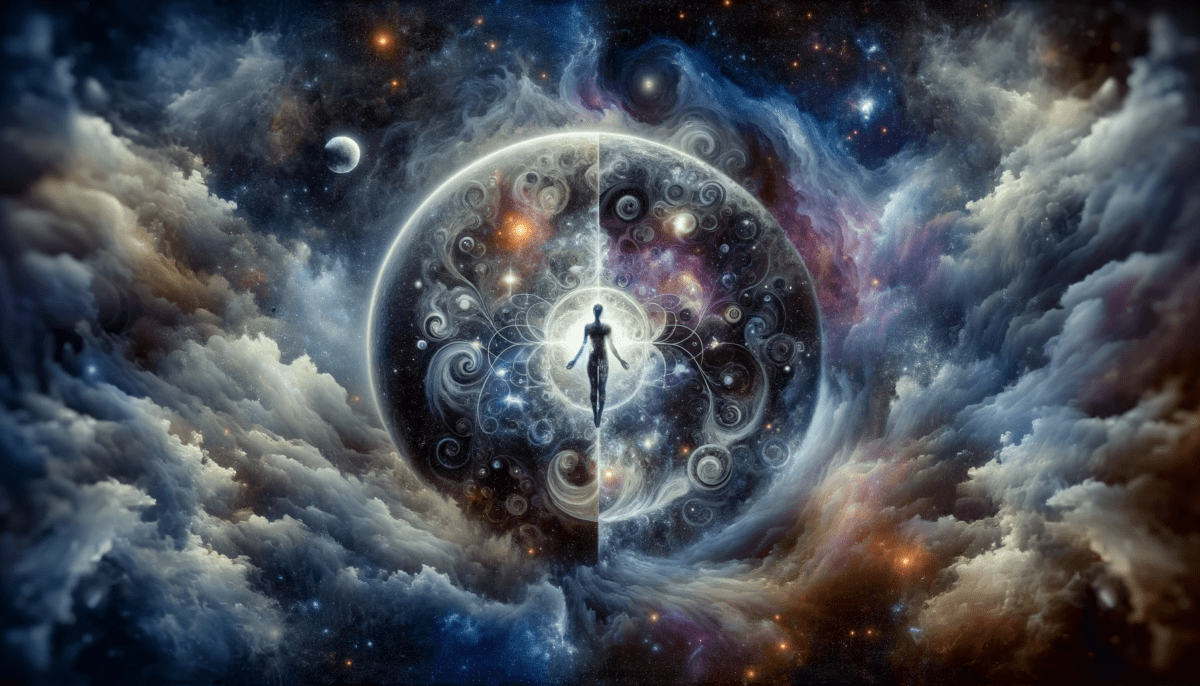

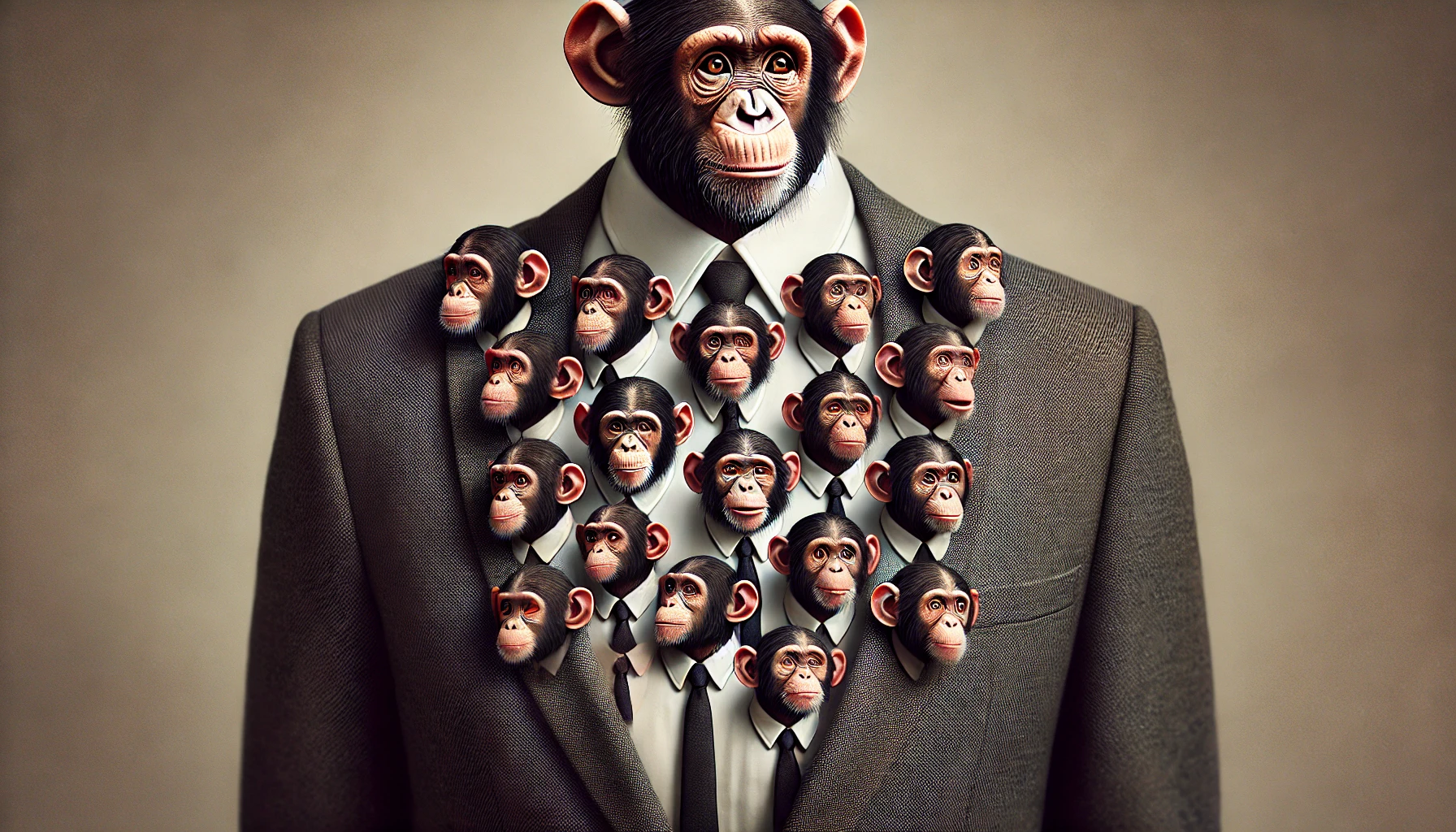


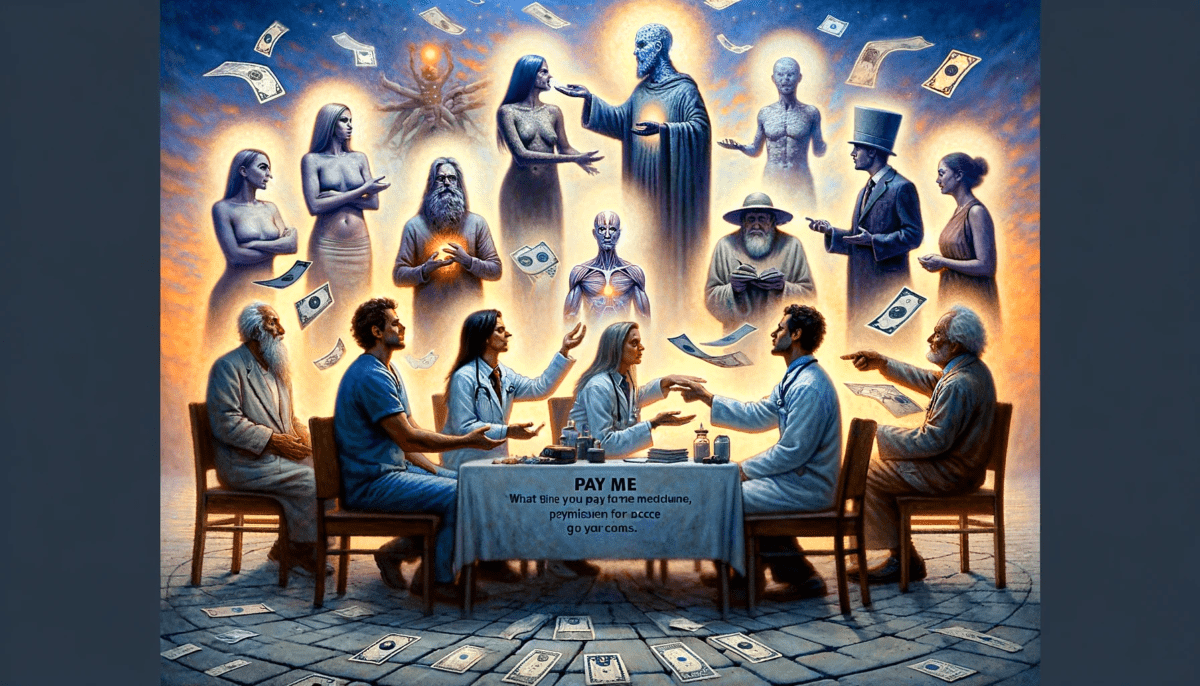
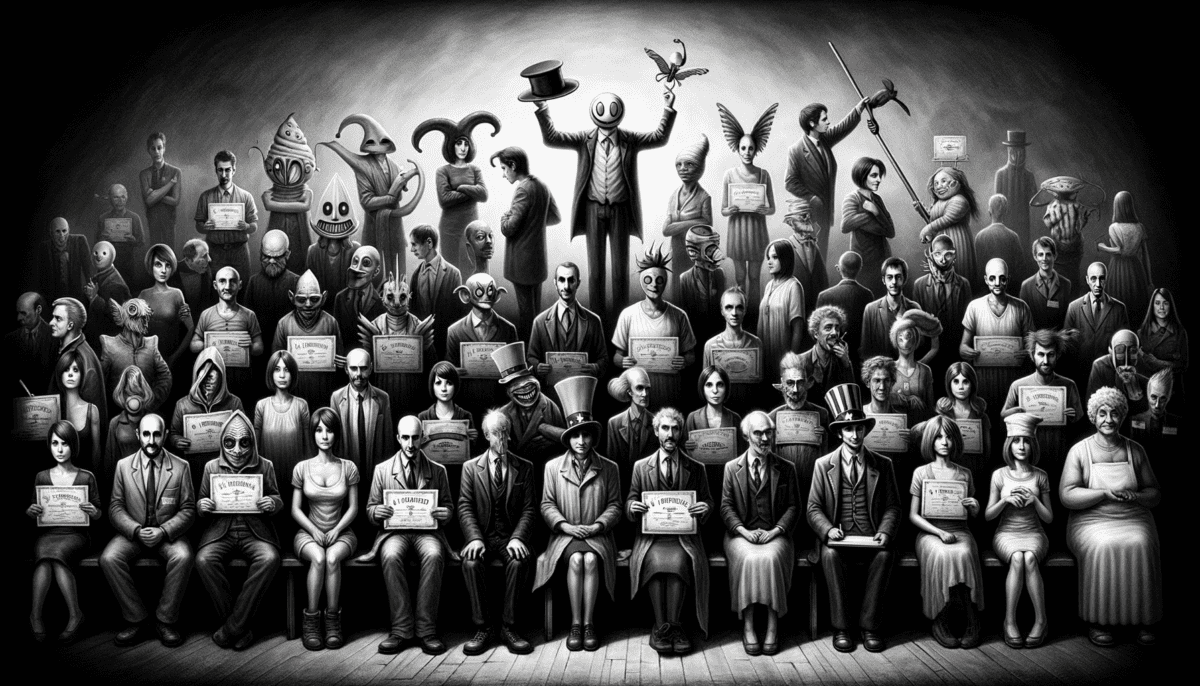

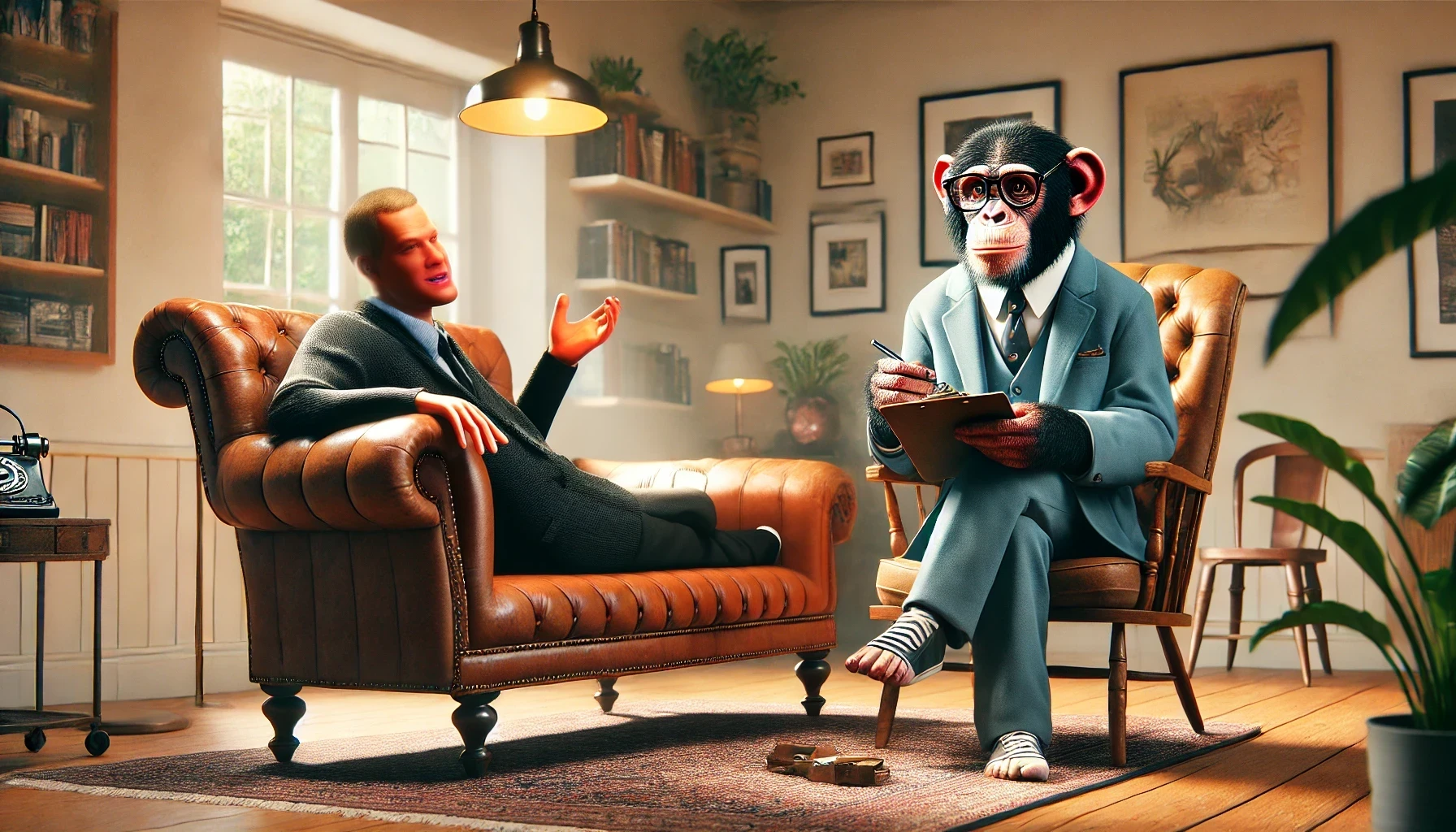
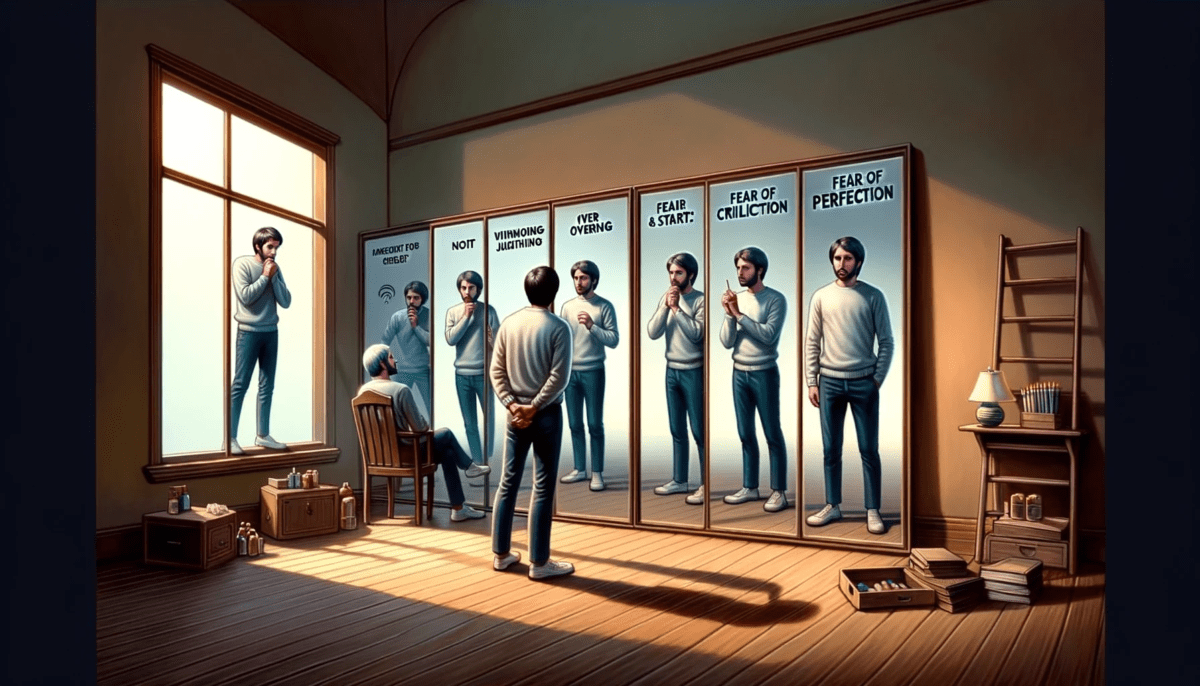
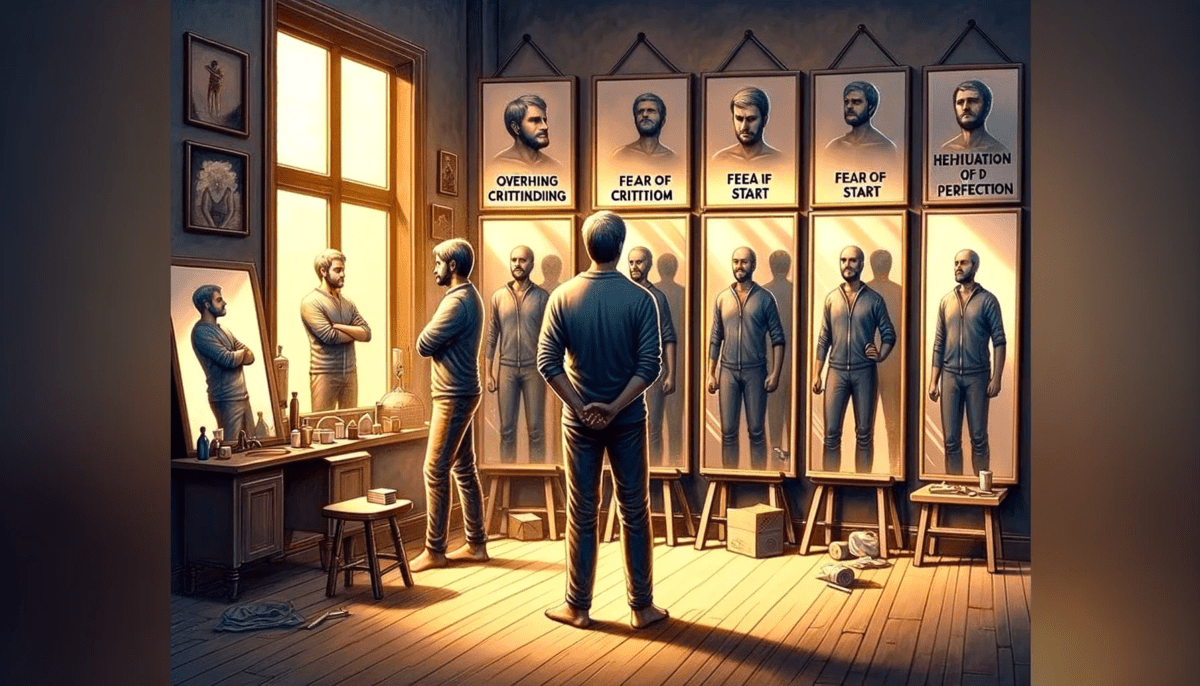



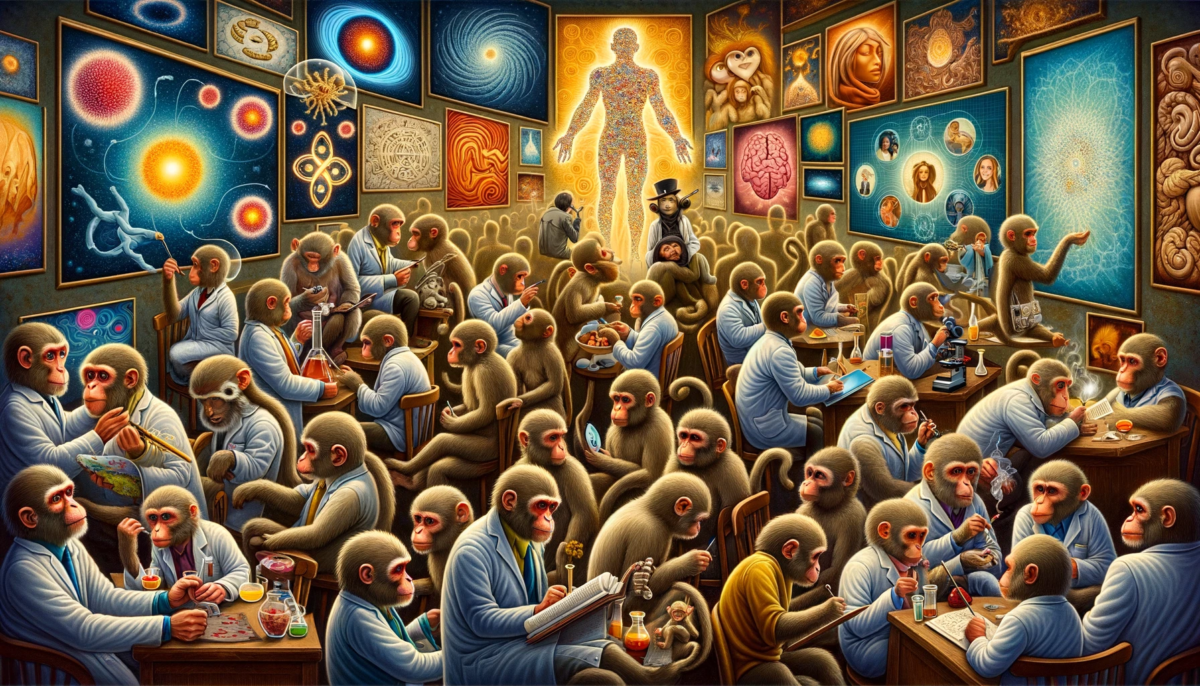





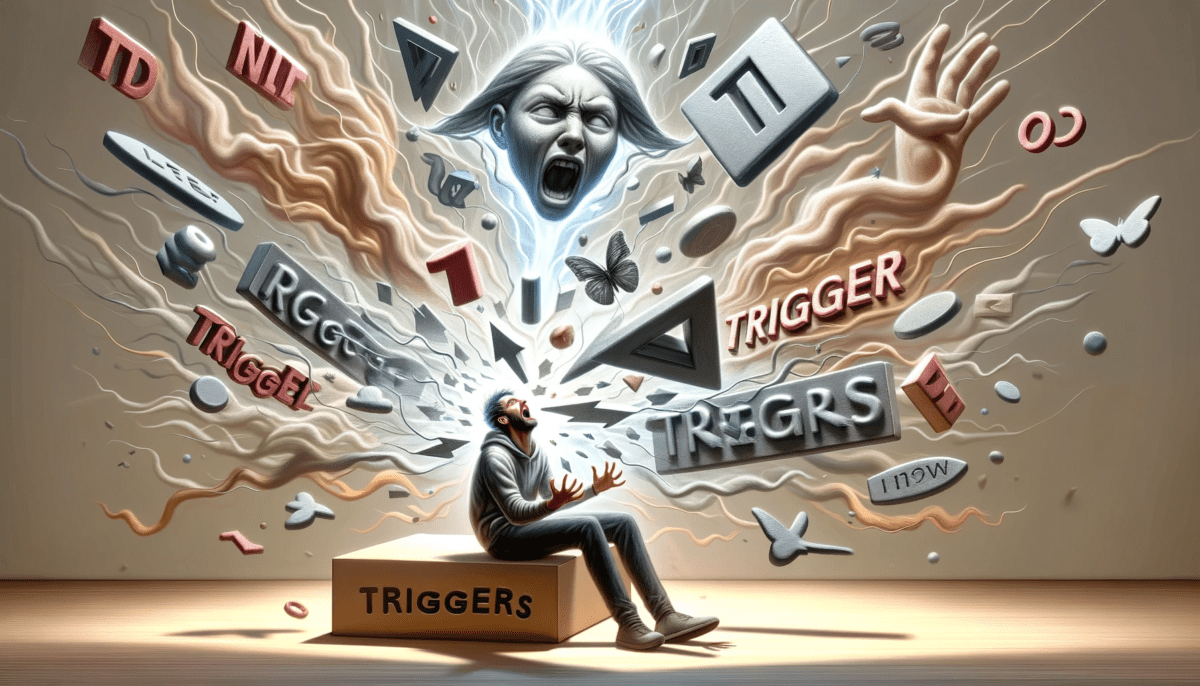

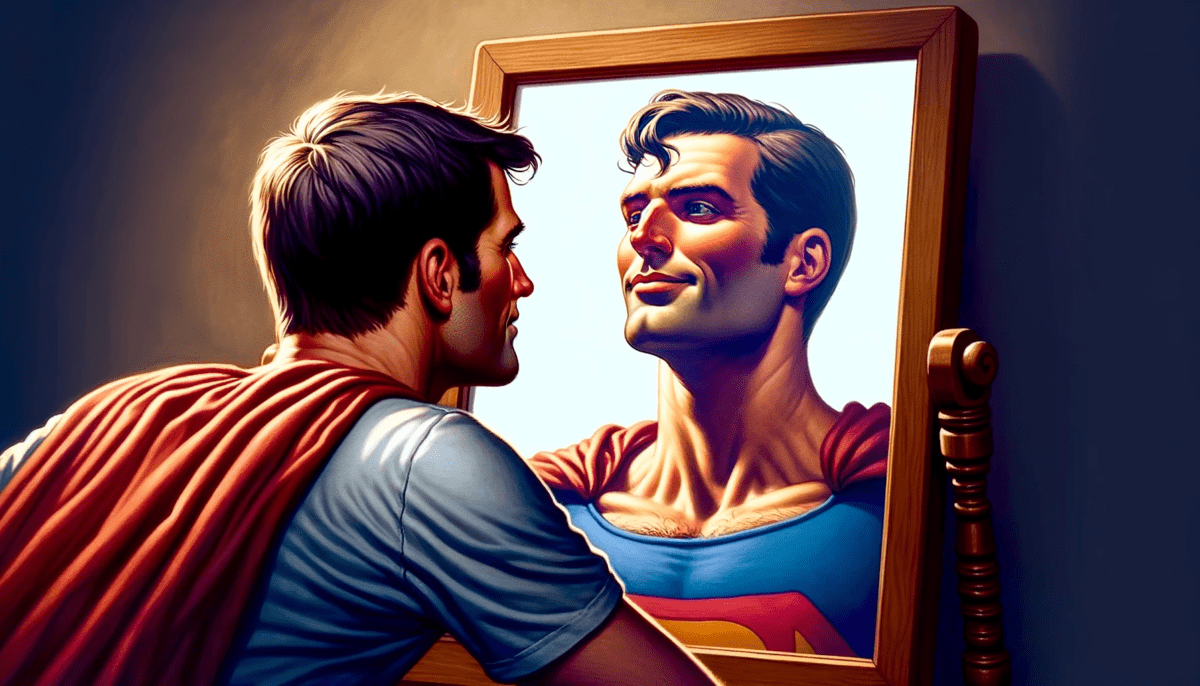
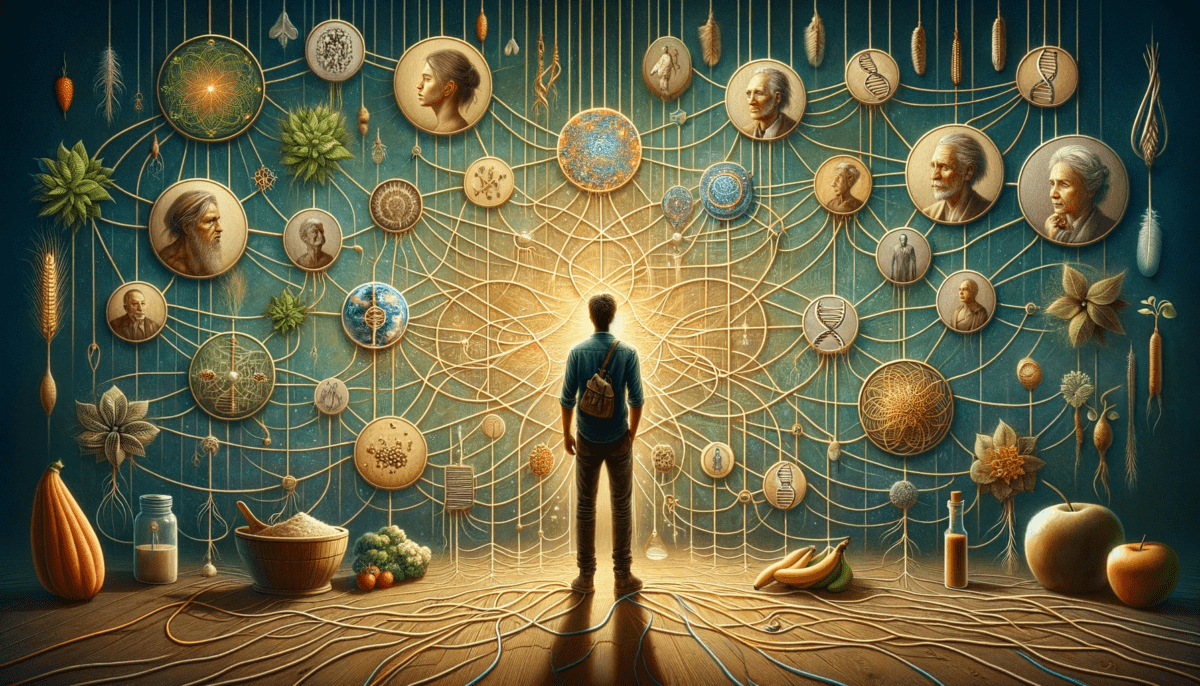





Leave a Reply